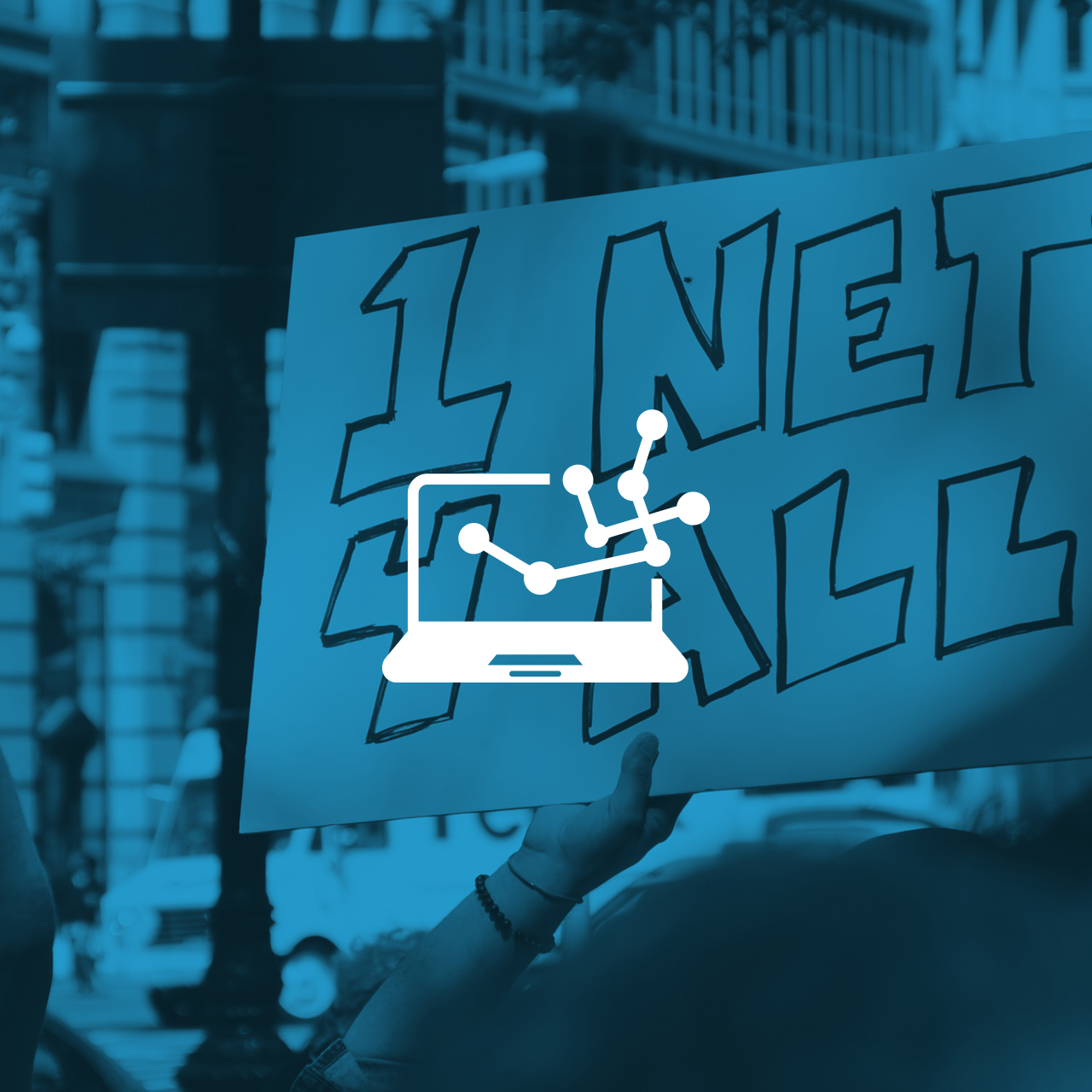
Almost a year after the approval of Brazil’s landmark Marco Civil da Internet, the government is seeking public comments on how best to implement the legislation. Access submitted a brief on zero rating, a dangerous practice that threatens to undermine the open internet in the country.
The Marco Civil: a bill of rights for the Brazilian internet
In April 2014, president Dilma Rousseff signed the Marco Civil da Internet into law, a legal framework for the internet in Brazil. The Marco Civil establishes human rights protections and principles for internet usage, focusing on key issues like privacy and freedom of expression. In particular, the law contains provisions guaranteeing Net Neutrality and the privacy of communications, and establishes intermediary liability rules that provide “safe harbors” to companies. The Marco Civil made Brazil a world leader in establishing a national, comprehensive digital rights framework.
Public consultation
The Marco Civil was developed in a spirit of public consultation and the latest consultation is no different. Lawmakers held an 18 month consultation process before the Marco Civil was passed into law so end users and other stakeholders could provide input. Almost one year after the bill was passed, the Brazilian government opened a public consultation into how to translate the spirit and letter of the law into regulations. The results of this consultation will be compiled into a first draft in the months to come. The government extended the consultation deadline until April 31 to allow for more contributions, and invited comment on four categories: Net Neutrality, privacy, data retention, and other issues. So far, stakeholders have submitted over 700 contributions, reflecting a wide variety of opinions and interests.
The dangers of zero rating
Zero rating harms the open internet. It is the practice by telcos of offering a specific set of services or applications that don’t count against data caps, even if the service has seemingly good intentions — like enabling access to the internet in underdeveloped countries. Zero rating can also purport to offer “internet access” that is in fact limited to a small number of online services.
Zero rating agreements endanger freedom of expression by letting telcos decide which services will be privileged over others, thus interfering with the free flow of information over networks. The practice also presents serious privacy concerns, because it holds the potential to concentrate internet usage in a handful of applications or services, making government surveillance easier. Finally, zero rating tampers with competition, making it harder for new, innovative players — who are at a disadvantage against incumbents — to reach new users.
For these and other reasons, Access strongly recommended that Brazil explicitly ban zero rating in the Marco Civil regulations.
You can read our complete submission here. We will keep you posted on the draft regulations in future updates. Stay tuned!
photo credit: Thomas Galvez
